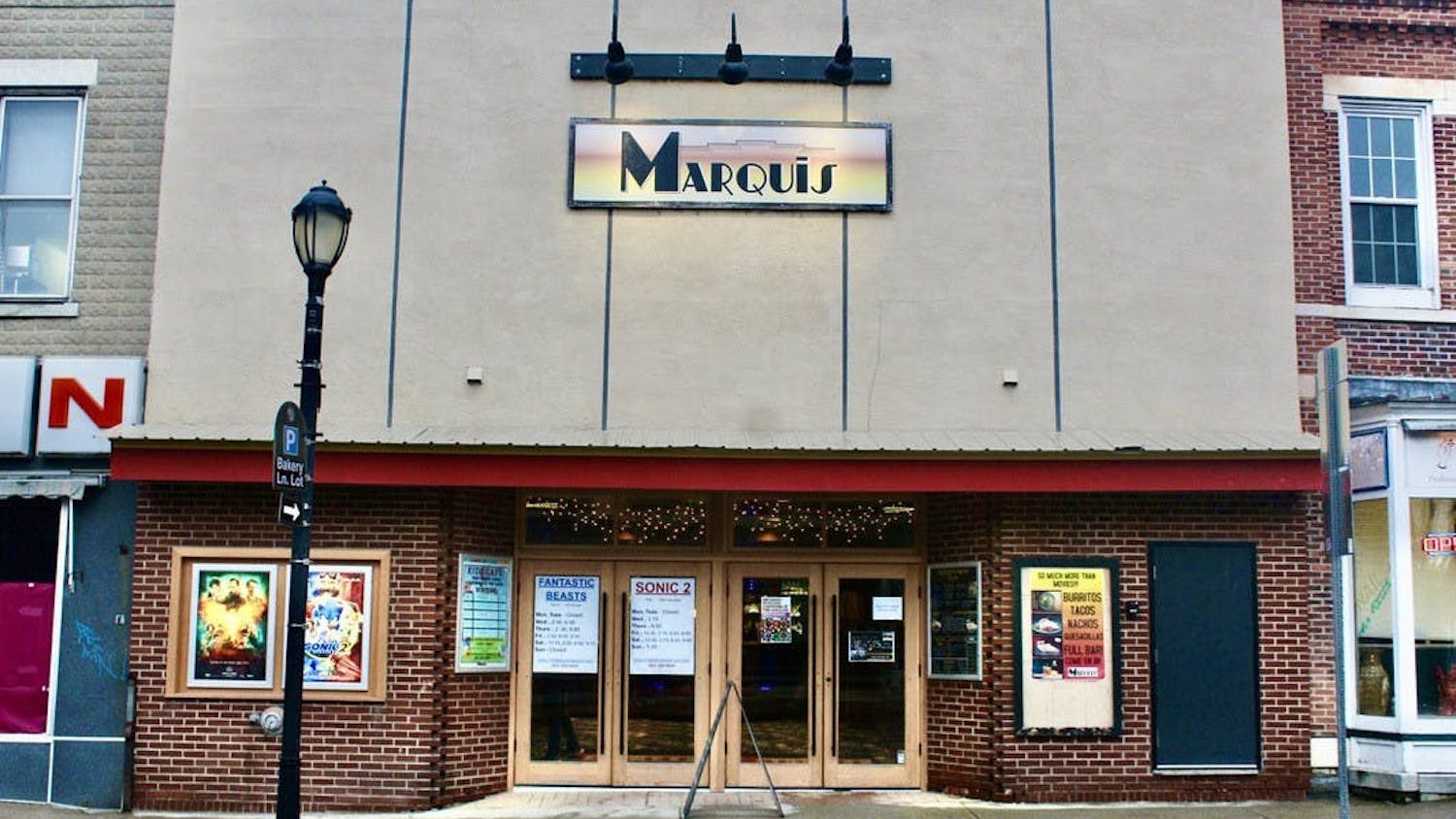Lawmakers will recieve a report this January on marijuana in Vermont: potential market prices, distribution locations and the revenue that full legalization might provide. The study is not intended to advocate for legalization, rather, it will focus on these specific policy areas that must be addressed before legislators proceed further. Beau Kilmer, the co-director of the Drug Policy.
Research Center at the Rand Corporation, met with several Vermont officials to investigate the “Vermont marijuana landscape.”
Kilmer says that establishing an accurate price for marijuana is critical; by setting prices too high, illegal dealers could undercut state spending. To complicate matters further, selling marijuana by weight will create “...incentives for producers to produce more potent pot,” said Kilmer in an interview with Vermont Public Radio. Furthermore, distributing marijuana in state-run facilities would be legally problematic. “Now if you were to kind of go down the state monopoly road that would have the state forcing their employees to violate federal law,” Kilmer explained.
Despite his reservations, and due to new information garnered from a range of surveys, Kilmer said he was “optimistic” about the marijuana market research.
Although RAND studies do not advocate for legalization, they may not have to. Acccording to a recent poll conducted by WCAX News, 49 percent of Vermonters said they would be in favor of marijuana legalization. The split correlated with the respondents ages – nearly 60 percent of those polled between the ages of 18 and 44 said they were in favor of legalization, versus approximately 44 percent below.
This demographic divide in could signal a future legalization push, especially when backed by The Marijuana Policy Project (TMPP), a group based in Washington D.C. that plans to wage a campaign to legalize marijuana by 2017.
Rich Clarke, of the Castleton Polling Institute said that the result was “closer than I thought it was going to be.”
In 2013, Peter Shumlin acknoweldged that legalization “is not the top of my agenda,” but that he would be willing to discuss the issue in the future. With Shumlin likely to serve a third term as governor, some wonder if this might translate into a victory for TMPP.
In a hearing last Wednesday, approximately 30 people telecommuted to the Vermont Interactive Technologies headquarters in Williston for a virtual statewide public meeting. Kilmer admitted at the meeting, “Marijuana is not a harmless substance, and there are serious health concerns. There are dependence issues. Marijuana dependence is not the same as heroin dependence as far as the social costs, but this is a real issue that does affect some people.”
Rutland Mayor Christopher Louras was unconvinced that the costs of legalization outweighed the potential benefits. “There’s just an overwhelming sense that we’re not ready to do this,” Louras said.
Retired Vermont Superior Court Judge Ben Joseph agreed. “We’ve made a great deal of progress in this state in curbing drunk driving, but we’re inviting a real catastrophe if we legalize this drug and increase its use,” Joseph said.
Others weighed in with their own personal experiences, like Bennington resident Charlie Murphy, who has used marijuana to treat his anxiety for the past 42 years. “There is such a thing as the responsible use of marijuana,” Murphy said. “I self-regulate.”
Ultimately, the RAND report hopes to parse these viewpoints and provide state legislators with reliable information for future legislation.
RAND Researches Pot Legalization in Vermont
Comments



